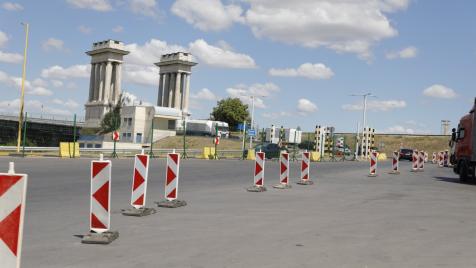The current pension model carries the risk of tax increases in Bulgaria
Pensions are too dependent on taxes and fiscal policy, which can lead to debt and excessive budget deficits

In recent years, Bulgaria's pension model has become increasingly dependent on taxes, which may require changes to the country's tax system to support it. This was predicted by former finance minister Vladislav Goranov during a forum in Sofia, where possible changes to Bulgaria's pension model were discussed.
The question of the pension model is no longer whether it should be supported or not. It is now part of the overall fiscal policy, including tax policy. There is a risk that Bulgaria's tax model will soon be discussed as well," Goranov said.
He explained that the changes made to the pension system in recent years, including several pension increases within a single year, have disrupted the balance and fairness between the three pillars, and that private pension companies cannot compete with state pensions. “The challenges facing the second and third pillars will grow. The internal restructuring of the pension formula through political decisions after 2020 further undermined the ability of these two pillars to compete with the first,” Goranov said.
There are many inequalities in the expenditure side of state social security that can be resolved but require political will. No political party today is willing to “spend” a single vote on something meaningful," the former minister believes.
The eurozone is not a panacea
Goranov warned that Bulgaria's upcoming accession to the eurozone is not a panacea and will not magically solve the challenges facing the system.
Joining the eurozone will not solve any of the problems of the pension system, which is extremely dependent on the fiscal policy and the state," Goranov said.
Nikolay Vassilev, a finance expert and former economy minister, expressed a similar view, stressing that pensions should be raised, but in a sustainable manner.
Pensions should be raised, but these costs should be covered by the economy, not by future generations through the deficits and debts we are running up and the taxes I expect to be raised from next year, for example," Vassilev commented.
He reminded that pensions are not an abstract concept but the result of social security contributions. According to him, pension expenditures have increased tenfold over the past 25 years and are expected to reach 11.5% of GDP in 2026, after exceeding 10% for the first time in 2020. they exceeded the 10% threshold for the first time, and their average share of GDP for the period from 2000 to the present is 8.6%.
Demographics are a disaster, pension expenditure as a percentage of GDP is growing endlessly, the National Social Security Institute (NOI) deficit is catastrophic, the minimum pension is too high, and half of the NOI's expenditure is financed from the state budget," Vasilev added.
According to him, Bulgaria has entered a “very wrong phase of society” in which huge deficits will accumulate every year, and in 2025 this could reach 4%. “When it comes time for us to retire, there may be no money for pensions,” added the former economy minister.
This text was translated by DeepL translator.

 Simona Gotsova
Simona Gotsova 


